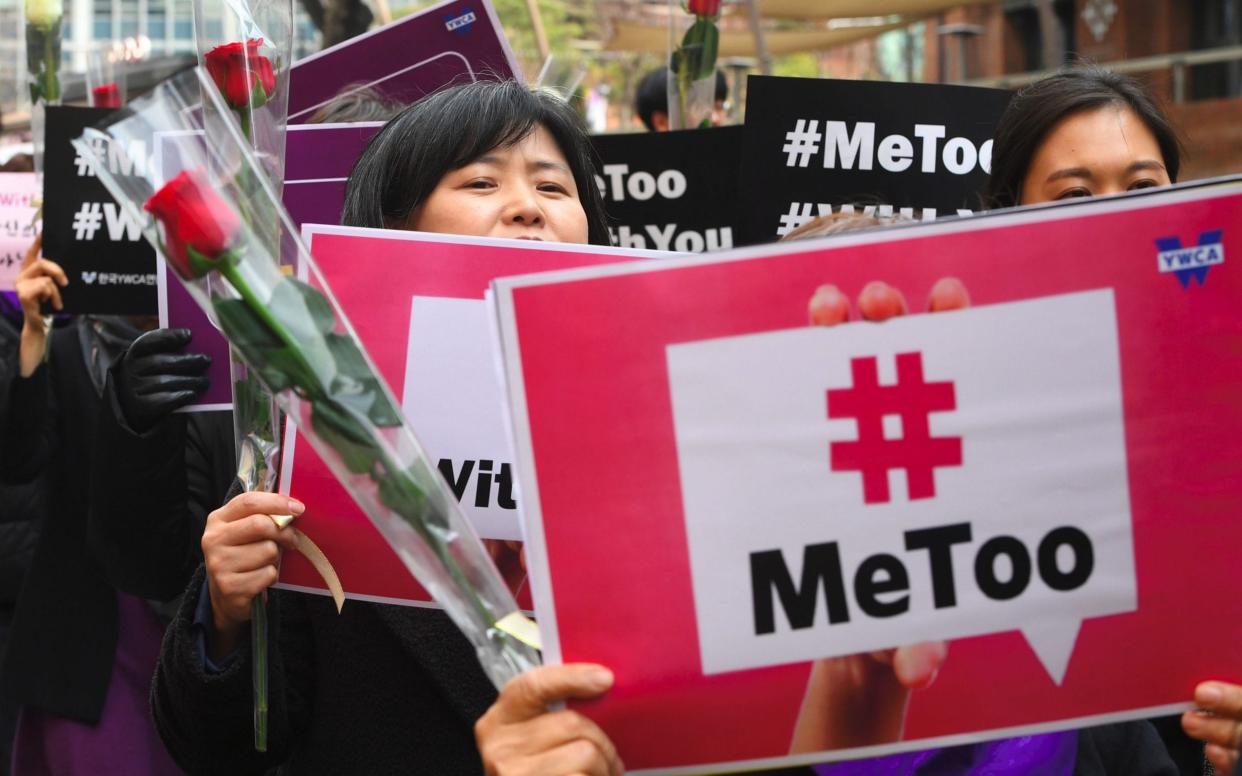South Korean woman seeks retrial after conviction for biting off tip of alleged attempted rapist's tongue

A South Korean woman who was convicted 56 years ago after she bit off the tip of the tongue of a man who was allegedly attempting to rape her is to apply for a retrial of the case on Wednesday.
The case is widely regarded as one of the worst miscarriages of justice in Korea’s male-dominated society, with 74-year-old Choi Mal-ja supported by a women’s rights group in the city of Busan.
According to members of the Busan Women’s Hot Line, Mrs Choi will plead self-defence when the case is presented to the Busan District Court, Yonhap News reported.
The application states that in May 1964, when Mrs Choi was 18 years old, she was allegedly attacked close to her home by a man who tried to rape her. The man, who has only been identified by his surname, Roh, forced his tongue into Mrs Choi’s mouth and she resisted by biting off more than half an inch.
During questioning, Mrs Choi said she was only acting in self defence and insisted that she was innocent. Police ignored her claims and charged her with grievous bodily harm.
After six months in prison awaiting trial, the presiding judge asked Mrs Choi whether she had “feelings” for her assailant and whether she would consider marrying him.
The court eventually found her guilty and - despite Mrs Choi’s father paying Mr Roh a settlement to obtain a more lenient punishment - sentenced her to six months in prison, suspended for two years.
To add insult to injury, prosecutors refused to charge Mr Roh with assault or attempted rape and only charged him with trespassing and blackmail in connection with the incident. He also received a six-month prison term, suspended for two years.
Mrs Choi contacted the women’s support group in late 2018 after the emergence of the #MeToo movement in South Korea. Angered at the way in which women are treated by men, a high-ranking female prosecutor and an aide to a district governor spoke out about the sexual abuse they had endured.
Those cases also triggered public anger about numerous cases in which spycams were used to obtain surreptitious footage of women, with tens of thousands of protesters taking to the streets under banners reading “My life is not your porn”.

